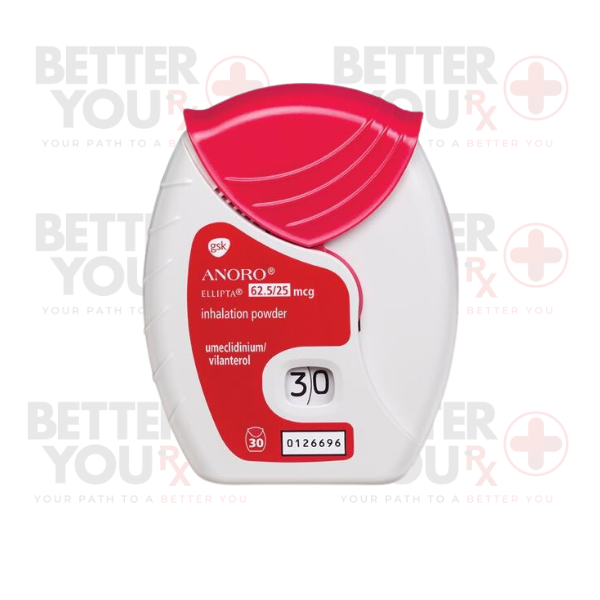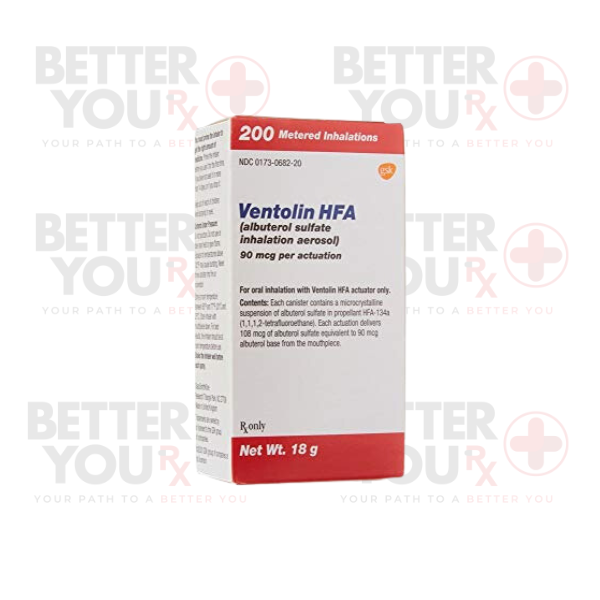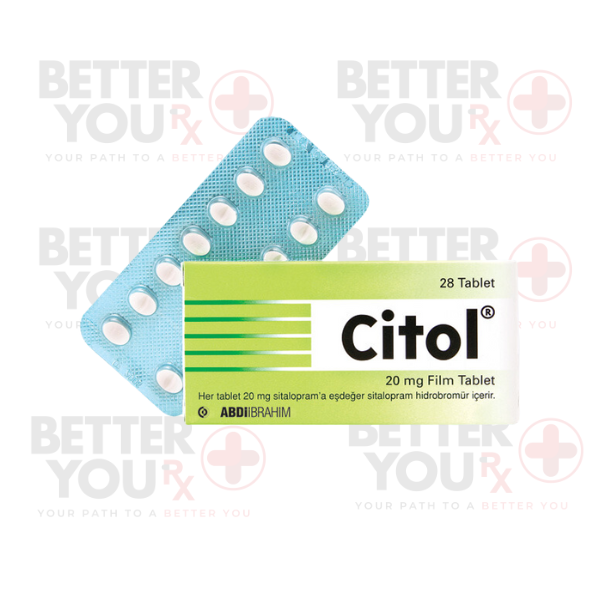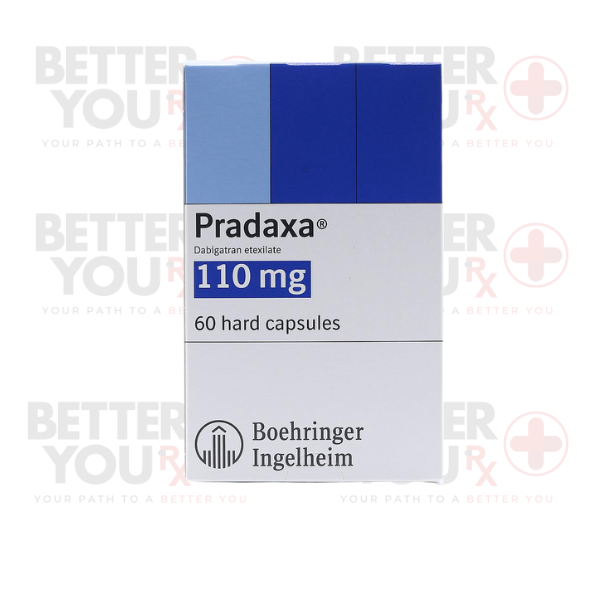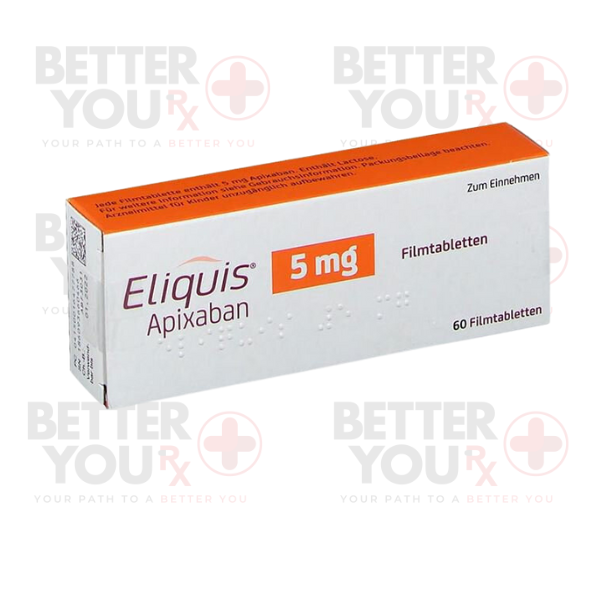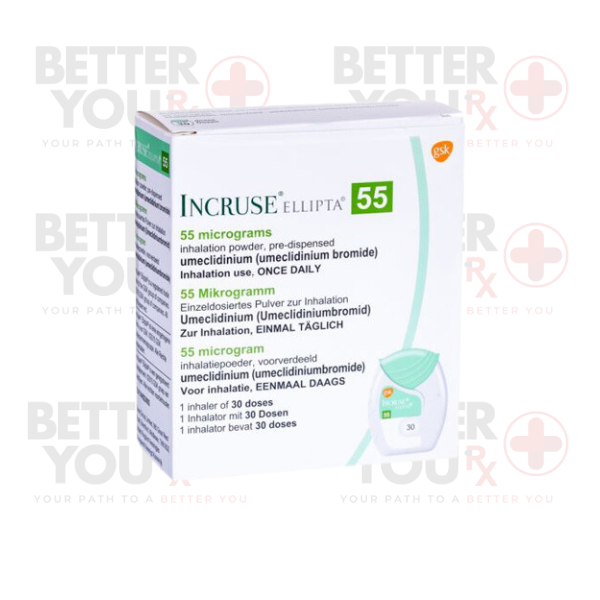| Usage |
Usage
Solifenacin is available in tablet form for oral consumption. Typically, it is taken once a day, whether with or without food. To ensure consistency, take it at approximately the same time daily. It is crucial to adhere to the instructions on your prescription label meticulously. If any aspect is unclear, consult your doctor or pharmacist for clarification. Follow the prescribed dosage precisely and do not exceed or reduce it or take it more frequently than instructed by your doctor.
Ingest the tablets intact; do not break, chew, or crush them. Use water or another liquid to facilitate swallowing. Your doctor will likely commence your treatment with a low solifenacin dose and may adjust it later. While solifenacin can help manage your symptoms, it does not offer a cure. Continue taking solifenacin even if you are feeling well, and do not discontinue it without consulting your doctor.
|
| Side Effects |
Side Effects
Solifenacin can lead to side effects. Notify your doctor if any of these symptoms are severe or persist:
• Dry mouth
• Constipation
• Stomach pain
• Upset stomach
• Vomiting
• Heartburn
• Dry eyes
• Blurred vision
• Extreme tiredness
Some side effects are rare but more serious. If you encounter any of the subsequent symptoms, promptly get in touch with your doctor:
• Severe stomach pain
• Constipation lasting over 3 days
• Painful or frequent urination
• Bloody or cloudy urine
• Back pain
• Inflammation or swelling of the face, throat, tongue, lips, eyes, hands, feet, ankles, or lower legs
• Hoarseness
• Difficulty breathing or swallowing
Solifenacin may also cause other side effects. Call your doctor if you encounter any unusual issues while taking this medication.
|
| Storage |
Storage
To ensure safe medication handling:
1. Store it in its original container, sealed tightly, and out of children's reach.
2. Keep it at room temperature, away from excessive heat and moisture (avoid storing in the bathroom).
3. Dispose of any unnecessary medication properly to prevent access by pets, kids, or others.
4. Avoid disposing of this medication by flushing it down the toilet. Opt for a medicine take-back program for disposal; consult your pharmacist or local waste management for details.
5. As many containers aren't child-resistant, secure all medications from children, including weekly pill organizers and those for eye drops, creams, patches, and inhalers. To prevent accidental poisoning, use safety caps and store medications up and away, out of children's sight and reach.
|
| Precaution |
Precaution
Before starting solifenacin:
• Inform your doctor and pharmacist about any allergies to solifenacin, other medications, or corn.
• Provide a comprehensive list of prescription and nonprescription drugs, vitamins, and dietary supplements you're taking, especially mentioning medications like amiodarone, antifungals (e.g., fluconazole, itraconazole, ketoconazole), carbamazepine, cimetidine, cisapride, clarithromycin, cyclosporine, danazol, delavirdine, dexamethasone, diltiazem, disopyramide, dofetilide, erythromycin, ethosuximide, fluoxetine, fluvoxamine, HIV protease inhibitors (e.g., indinavir, ritonavir), isoniazid, metronidazole, moxifloxacin, nefazodone, phenobarbital, phenytoin, pimozide, procainamide, quinidine, rifabutin, rifampin, sotalol, sparfloxacin, thioridazine, troglitazone, troleandomycin, verapamil, and zafirlukast. Your doctor may need to adjust medication doses or closely monitor you for side effects.
• Share information about any herbal products you're using, particularly St. John's wort.
• Disclose any personal or family history of prolonged QT interval (a heart electrical conduction issue that can lead to fainting) or unexplained fainting, as well as conditions such as glaucoma (an eye disorder), bladder or digestive system blockages, urinary difficulties, myasthenia gravis (a neuromuscular disorder causing muscle weakness), ulcerative colitis (a colon and rectum lining inflammation), benign prostatic hypertrophy (enlarged prostate), constipation, or liver/kidney disease.
• If you are pregnant or considering pregnancy, inform your doctor. Do not use solifenacin while breastfeeding.
• For surgical or dental procedures, inform the healthcare provider that you're taking solifenacin.
• Be aware that solifenacin may cause blurred vision. Do not operate vehicles or machinery until you understand how this medication affects you.
• Note that solifenacin may reduce your body's ability to cool down in extreme heat. Avoid hot environments and seek medical attention if you experience heat-related symptoms such as fever, dizziness, upset stomach, headache, confusion, or a rapid pulse after heat exposure.
|


